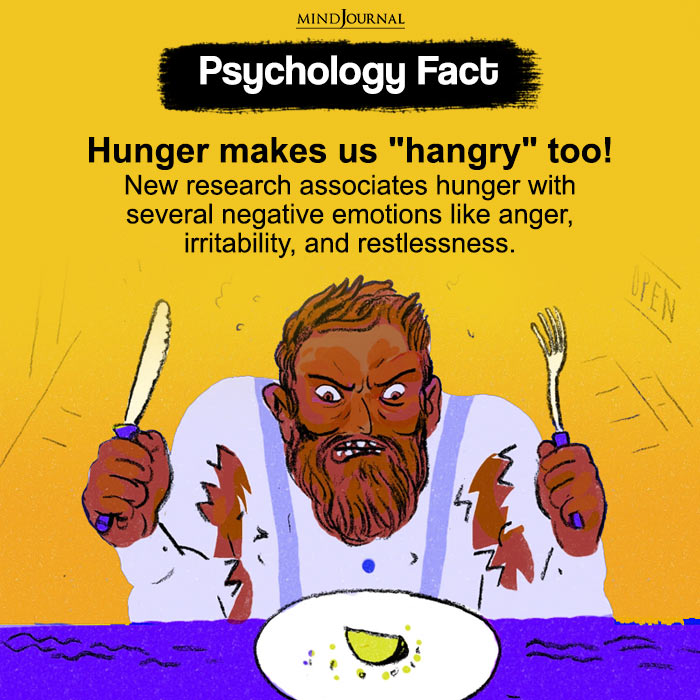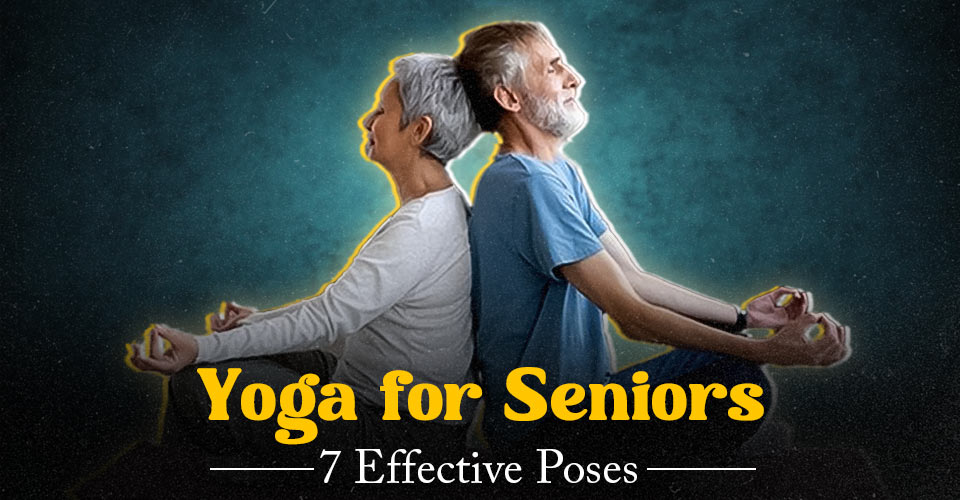Have you ever felt angry, irritated, cranky, or even furious when you have not eaten for a long time and are really hungry? If your answer is yes, then this is known as being hangry. And the interesting thing is that being hangry is a real thing, and even science has evidence of this.
Key Points
- Being hungry can make you feel more irritable and angrier than you otherwise would.
- This phenomenon, often referred to as “hanger,” can negatively affect your mood and interactions.
- If left unaddressed, hanger can also have implications for your physical health, such as malnutrition.
A driver in the car next to yours yelled at you for seemingly no reason. Someone at the gym crankily made sure you knew they were annoyed at you for occupying the machine they wanted. A person in the supermarket didn’t return your smile; they instead threw shade at your friendliness.
People appear especially thin-skinned lately. Maybe that’s because it’s exceedingly hot weather in so many areas. Perhaps we lost some of our people skills (e.g., patience and tolerance) while being shut in during the COVID-19 pandemic.
People may still be feeling stressed and scared. Various factors probably play into the tense social interactions people may be experiencing, including “hanger” (hunger that influences anger).
Related: Is Being Hangry A Real Thing? Science Finds What Makes Us Cranky When Hungry
Being Hangry
As we all continue to emerge from the pandemic, some people are still struggling with food insecurity. Others are trying to lose their “Quarantine 15” or “fix” other body changes that happened during COVID, so they’re dieting. Both situations have hunger in common.
A recent research study—“Hangry in the Field: An Experience Sampling Study on the Impact of Hunger on Anger, Irritability, and Affect”—backed that “hangry” is a real thing, not just a trendy pop culture term. Though the condition hasn’t always been named “hanger,” it’s been described often in literature.
For example, a few of the mini-memoirs in my book, MeaningFULL: 23 Life-Changing Stories of Conquering Dieting, Weight, and Body Image Issues, depict it. One story asks readers to “think about when you experience being angry or irritable because of hunger.”
Did you just do that? If so, then you know firsthand that hunger can negatively influence mood and social interactions.

About the “Hangry in the Field” study
The authors, Swami, Hochstöger, Kargl, and Stieger, summarize past research:
- In humans, low blood glucose levels seem linked to increased impulsivity, anger, aggression, and difficulty with self-regulation. Further, it’s possible that hunger can skew an experience of something neutral to something more negative.
- Also, in humans, the feeling of hunger is sometimes experienced as a negative emotion instead of a purely physical sensation, depending on the context.
- In nonhumans, food deprivation has been shown to escalate aggressive behavior to gain food resources.
- The experience of hunger can manifest in the additional symptoms of anger, irritability, restlessness, and nervousness.
Their current research takes the concept of hanger out of the lab and into real life. The researchers “examined associations between daily fluctuations in self-reported hunger and the experience of negative emotions.” Seventy-six participants completed at least one tailored survey per day for 21 days. Dietary behavior, anger, and eating motivation were each evaluated. Their conclusions?
- Hanger “is real, insofar as hunger was associated with greater anger and irritability, and lower pleasure, in our sample over a period of three weeks.”
- “We found that the associations between hunger and negative emotionality were stable even after controlling for demographic factors (participant age, sex), BMI, dietary behavior, and trait anger. This provides preliminary evidence that the link between hunger and negative emotions may be relatively robust across different social identity groups.”
It sounds like no one is inherently protected from experiencing hanger or having it negatively affect their experiences, moods, and interactions.
That said, there is an important warning here. According to the researcher Cynthia Bulik, some (not a majority) react to hunger as if it is anxiolytic; it feels calming. This response to hunger may leave a person vulnerable to anorexia nervosa—a devastating disorder that’s difficult to both experience and treat and has a high mortality rate. Unfortunately, there’s no way to predict to whom this will happen.
Related: 21 Health And Nutrition Myths Backed By Science
Bottom line
Being hungry comes with risks ranging from poor mood to negative interactions to potential malnutrition. Some don’t have a choice about how much or what they eat (e.g., those with food insecurity). On the other hand, some do but “control” their food intake to where it leaves them in states of hunger and irritability.
If you can afford to eat at regular intervals, steady food fuel can help your mood and interactions to stay out of the cranky realm. And if you feel (or are told) that you “should” lose weight, therapy can help sort through what’s truly in your best interest.
You deserve to find ways to experience less “hanger,” better health and increased positive (not hangry) social interactions.
Now, let’s return to the intro paragraph. The grumps in the car, at the gym, and in the supermarket? Maybe they’re hangry and do not mean to snap, huff, or puff at you. Though it’s not an excuse for the behavior, upsetting exchanges can feel less personal when we can consider potential explanations.
Want to know more about the connection between hunger and anger and the science behind being hangry? Check this video out below!
References:
Bulik, C. (2014, December 1). Negative energy balance: A biological trap for people prone to anorexia nervosa. Exchanges: Blog of the UNC Center of Excellence for Eating Disorders. https://uncexchanges.org/2014/12/01/negative-energy-balance-a-biologica… Spotts-De Lazzer, A. (2021). MeaningFULL: 23 Life-Changing Stories of Conquering Dieting, Weight, & Body Image Issues. Unsolicited Press. Swami, V., Hochstöger, S., Kargl, E., & Stieger, S. (2022). Hangry in the field: An experience sampling study on the impact of hunger on anger, irritability, and affect. PLoS ONE, (17)7. https://doi.org/10.1371/journal.pone.0269629
Written By Alli Spotts-De Lazzer Originally Appeared On Psychology Today










Leave a Reply
You must be logged in to post a comment.